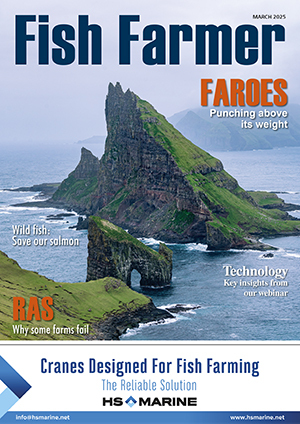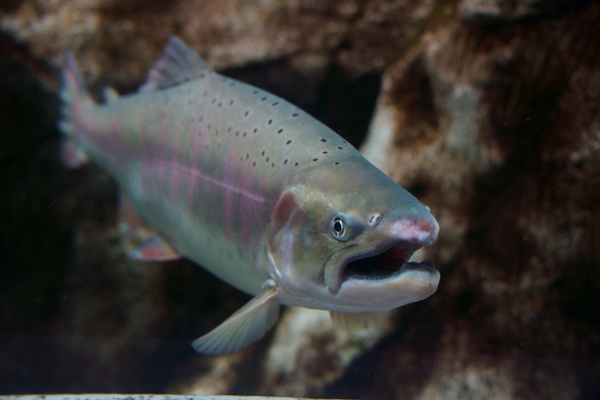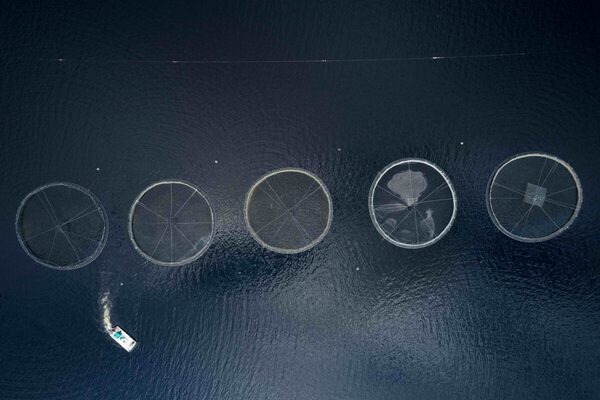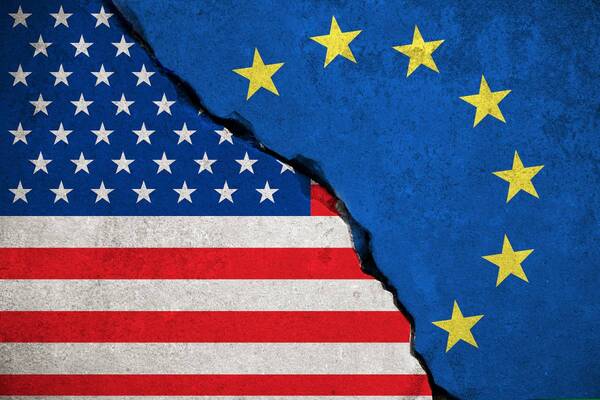Organic
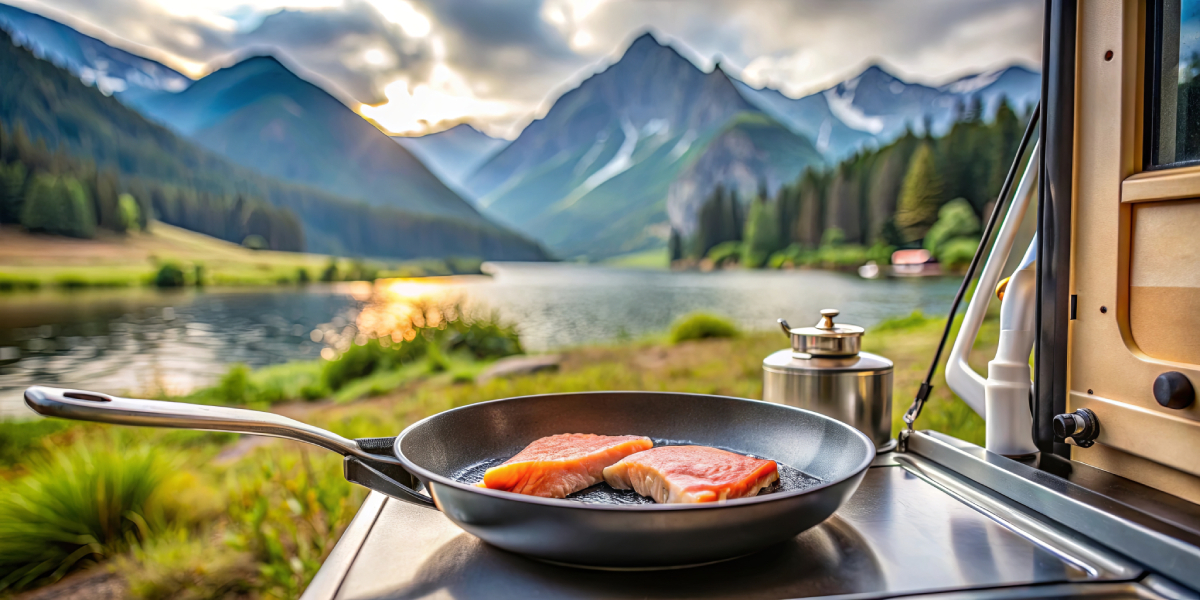
All living things are “organic”, but when finfish are marketed as organic, it means that their whole lifecycle, from hatchery to harvest, is covered by strict regulations and standards. The aim is to raise the fish in a way that is as natural as possible – so, for example, routine use of antibiotics is not permitted – while also minimising the impact of the farm on the environment.
In the UK and EU, the criteria for “organic” aquaculture are written into legislation. In practice, however, organic farmed fish are certified under standards by one of the recognised non-governmental bodies in this field. In the UK the leading organic standard-setter is the Soil Association; in Norway the equivalent is Debio; and in Germany, Naturland.
For salmon farmers, maintaining organic certification involves a range of requirements. The give just a few examples, feed must itself be certified as organic and from sustainable sources; stocking densities are limited; routine preventative treatment with synthetic drugs is not allowed; and there are a number of fish welfare standards.
Following a recent consultation, the Soil Association has updated its aquaculture standard, including new rules covering cleaner fish welfare and a duty to notify Soil Association Certification within 72 hours if mortality levels on-farm or during transport exceed the Code of Good Practice for Scottish Finfish Aquaculture.
Only a minority of salmon farms are certified as organic. Perhaps ironically, wild fish cannot be called “organic” because there is no control over their diet or environment.
